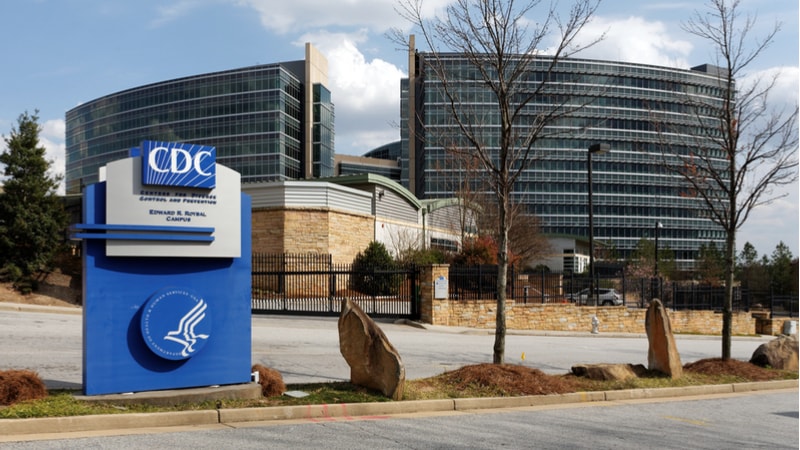
The Centers for Disease Control (CDC) is in the very early stages of utilizing generative AI technologies to advance the agency’s mission and bring better health services to the public, according to an agency official.
Alan Sim, the chief data officer (CDO) at the CDC, talked about how the agency is beginning to look at new AI and machine learning (ML) technologies and understand the use cases of these technologies during the “AI Big Bang” webinar hosted by FedInsider on June 14.
“We’re in the very early stages of developing and understanding some use cases that employ generative AI technologies. But given the hype and the mystery around how large language models were, we’ve also been doing a lot of education throughout the agency, working with our security teams to ensure that this technology is understood,” said Sim.
Sim also indicated that the agency is “looking at processes to apply proper governance oversight as these models move through their life cycles and writing a variety of strategy papers related to responsible AI and larger CDC AI strategy.”
As the proliferation of AI technologies becomes more ubiquitous, one of the underlying issues with AI technology in a general sense is being able to employ this new technology in a safe manner.
“I would say our primary concern, whether it’s generative AI or any new technology, is that we’re developing and deploying these algorithms safely and responsibly,” said Sim.
The move to use new AI technologies at the agency is something that is coupled with the CDC Data Modernization Initiative (DMI) that the agency has been using to prioritize its modernization efforts.
The first of its priorities is to create a foundation for AI and ML technologies to come in and be able to flourish. “You can talk about AI, ML, etc. But if you don’t have the right foundation, you really can’t operationalize the things that this panel has been talking about,” said Sim.
The second priority the agency has been working on in its DMI has been “accelerating data into action,” he said.
“I think the big opportunity there is to bring together these communities of practice… and to encourage sharing of code and sharing of algorithms, providing inputs into what is needed for ML and what’s needed to develop a responsible AI framework,” said Sim.
Sim concluded his remarks on the agency’s progress when it comes to the implementation of AI technologies with a sense of trust that the agency is moving forward in the right direction.
“We’re confident that we can convene the experts within the agency and around public health to collaborate, share best practices, and demonstrate value and how they’re tackling various public health challenges through the use of ML and AI,” said Sim.
